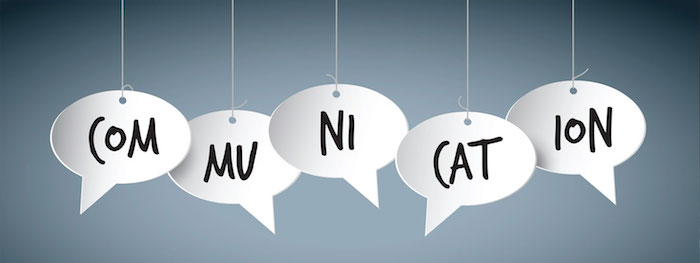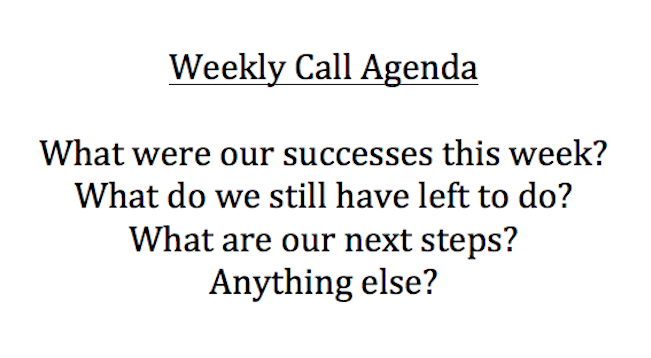How to Make the Most of Your Digital Project Manager Relationship

For every ecommerce development project, your digital project manager relationship is the foundation. As Sara wrote in a recent article about Command C’s client onboarding, for us, process is everything. Our project managers keep the process – a.k.a. everything! – moving forward on time and on budget.
“Once we establish trust in the first call, ongoing communication is huge.” – Shay Vinson, Command C Project Manager
There are simple steps that help build a strong digital project manager relationship quickly. All of our ecommerce development projects begin with the kick-off call. Here’s how we approach the digital project management relationship, from the initial call through the months (or years!) to come.
We Set Clear Expectations

As one of Command C’s project managers, Shay Vinson, says, “The kick-off call is really to make sure there are clear expectations on the client side – and on our side, too. We want to be sure that we’re all starting on the same page.”
Not only does Shay talk about project expectations in the kick-off call, she also addresses the pacing, or the cadence, of the project. When are the start and end dates for each phase of the work? She develops a project schedule right from the start, while acknowledging that she also needs to stay flexible.
“Everything revolves around dates and deadlines. The client has deadlines, and so do we. It’s the project manager’s job to make sure that deadlines are met,” Shay explains.
In the first call, she also determines the best way to keep the client informed as things progress. For instance, does the client want weekly or bi-weekly project status calls? She sets the pacing and communication style of the project once she learns the client’s preferences.
We Establish the Path of Communication

Usually best practices for communication get established in the kick-off call, but every now and then, we experience a glitch on this front. We’ve seen it happen through the years, and there’s an easy way to avoid it: clients benefit greatly from determining their key point person and chain of communication.
Shay describes a past project where everyone had been working well together, the project was advancing nicely, and then someone who wasn’t there for the first pass joined in. It turned out that this person was a key player, and he had new information that affected the whole project. “This kind of late-stage feedback can really upset a project, both in terms of timeline and costs,” she explains.
Everyone Comes Prepared

It’s no surprise that most clients have many projects going on at once. We understand. One of the fastest ways to move the work along quickly is to be prepared for our calls together.
Before a project status call, our project managers will send a call agenda to the client. The client can add anything that needs to be discussed to this agenda, and we’ll address it in the call. Early in the project, we’ll establish the expectations for these calls, namely through the agenda. The agenda will hit the same beats – what is working? what is next? – during every call. As a result, clients come to anticipate the questions, and we all have the answers ready when we begin.
Another key aspect to be successful in project management is organization. The project manager has to be organized. As Shay says, “The client can tell when you’re not. When you’re not, that trust level is going to drop a little. Now we’re all human; mistakes can happen. It’s not about perfection, it’s about being organized to the best of your ability.”
We Trust One Another

As Shay says, “Trust starts in the early conversations, but it definitely doesn’t end there. Once we build that initial trust, ongoing communication is huge. Huuuuge. Communication is the key to maintaining trust for the long-term.”
And not just answering emails or Basecamp posts in a timely manner, although that’s a part of it. But also making sure that I understand what is needed, so I can pass along the client’s needs on to the Command C team. I always work hard to learn everything I can about my client. Once I’ve learned my client, they will see that I understand them.
It’s classic customer service. None of us want to do anything or buy anything at a place that looks at us like a number.”
In Conclusion
A successful digital project manager relationship is integral to the success of every ecommerce development project. At Command C, we begin the relationship by setting clear expectations and communicating them at every step of the way. It’s imperative to us that our clients never feel ‘in the dark’ about their project; on the contrary, they feel empowered by the professionalism and clarity in our work together.
